
The World’s Best Weight Loss Habits
Just about every culture has some custom that can help people lose weight. For example, if you dine out in Europe, a waiter generally sets a bottle of mineral water on your table. But at restaurants here in Canada, you often have to request water and, as a result, you may end up having pop or other drinks high in calories instead. Or you might have one more glass of wine or beer than you would if you were alternating sips with water. Here’s our collection of clever tips from 17 countries that can help us all.
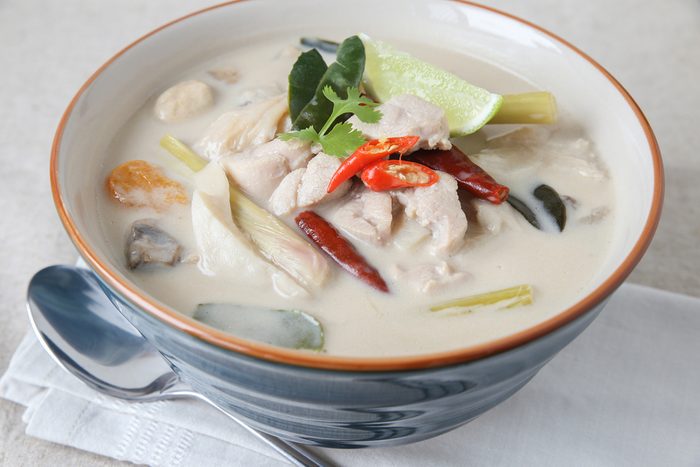
Thailand: Eat Spicy Food
Thai food is among the spiciest in the world. Hot peppers raise your metabolism, but the real benefit of food with a little zing is that spicy food slows your eating. When you eat too fast, as many North Americans do, by the time your body signals it’s full, you’ve overeaten. Eating more slowly is a good weight-loss strategy, and making food spicier is an easy way to do it.
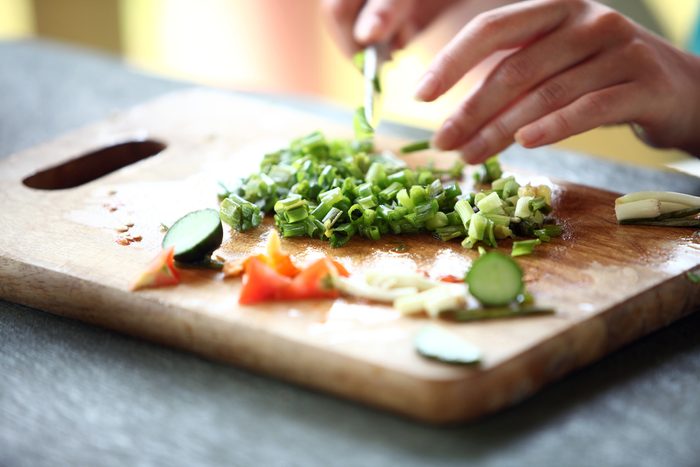
Poland: Eat At Home More Often
Poles typically spend only five percent of their family budget on eating out. On the other hand, the average Canadian family ?now spends almost 30 percent of total food dollars at restaurants and fast-food joints, according to Statistics Canada. To save money and pounds, start tracking how often you eat out and how much you spend on those meals each month, then gradually cut back.
“People who eat out a lot tend to eat less-healthy food and to be heavier,” says Melodie Yong, dietitian for the Heart and Lung Institute of St. Paul’s Hospital in Vancouver. In fact, the decline of cooking at home, linked in part to the increasing number of women in the workforce, tracks very closely with the rise in obesity over the past 30 years, she notes.
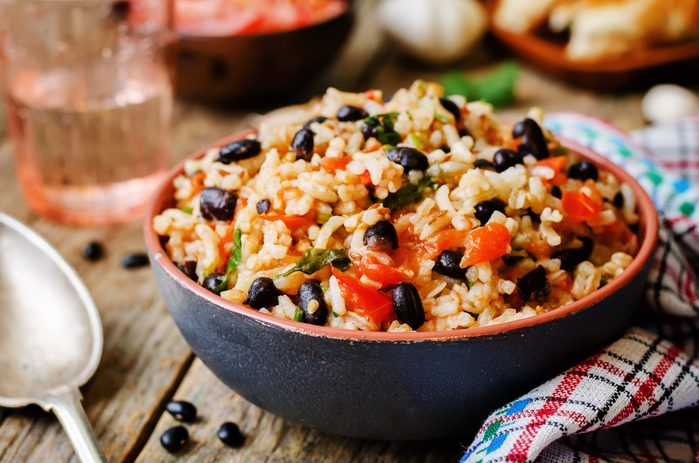
Brazil: Have Rice and Beans
All that shaking at Carnaval isn’t the only body-friendly habit in Rio; Brazilians stay slim by enjoying this traditional dish with just about every meal. A study in the journal Obesity Research found that a diet consisting primarily of rice and beans lowers the risk of becoming overweight by about 14 percent when compared with the typical Western fare. That’s because it’s lower in fat and higher in fibre, which is thought to stabilize blood sugar levels. It may be counterintuitive, but a diet full of beans equals a beach-ready body.
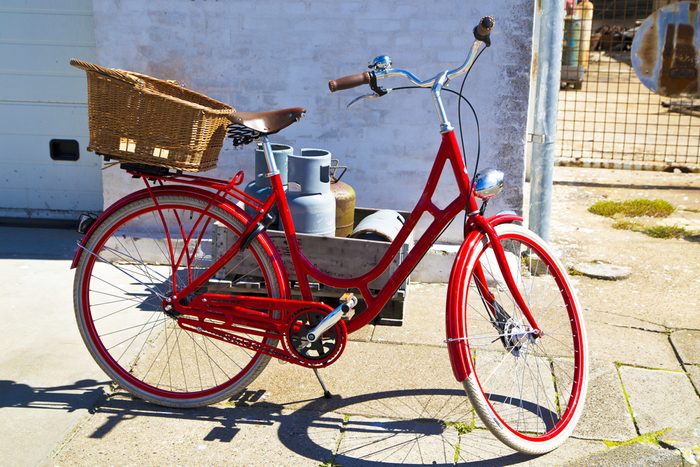
Netherlands: Ride Your Bike
Bikes outnumber people (at 18 million versus 16.5 million) in the Netherlands. While just 1.2 percent of work trips in Canada are made by bicycle, 40 percent of the Dutch use their bikes for commuting. Traffic lights in some parts of Amsterdam are even synchronized to bike speed. While most Canadians have to deal with winter conditions, riding bikes in good weather for errands, work or pleasure can help fend off weight gain.
“Casual riding for errands and commuting can burn around 500 calories an hour, but if you up the exertion or add in hill-climbing, you can burn up to 1,000 calories an hour,” says Stephen Cheung, an exercise physiologist at Brock University, who commutes by bike-a 34-kilometre round trip-nine months of the year.

Germany: Eat Breakfast
An impressive 75 percent of Germans eat breakfast daily, sitting down to whole-grain cereals, breads and fruit. Nutritionists have been advising people against skipping breakfast for years, but recent studies give a better picture of its importance. In one, British researchers discovered that ?if you haven’t eaten breakfast, your brain’s reward centre will light up more vividly when you see a high-calorie food-making you likelier to indulge.
“If you could make just one change to impact the obesity epidemic, it would be to get everyone to eat breakfast,” says Dr. Arya Sharma, scientific director of the Canadian Obesity Network.

Switzerland: Try A Bowl of Museli
The ingredients in this porridge-oats, fruit and nuts-have all been linked to better health and weight control. Muesli was developed by a Swiss physician more than 100 years ago to nourish hospital patients, but today the Swiss eat it for breakfast or as a light evening snack. “Eating a lot of soluble fibre can reduce bad cholesterol levels by up to 10 percent,” says dietitian Melodie Yong. Muesli’s fibre makes it slow to digest, keeping you full longer. But read the label carefully, though: Sugar content can vary from two to 14 grams per serving.
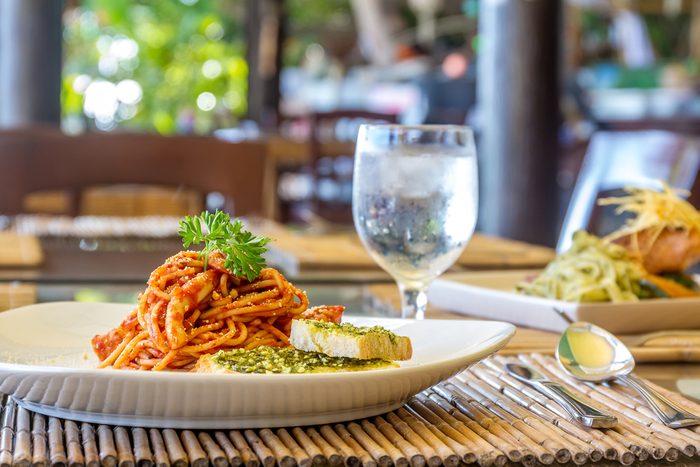
United Kingdom: Eat Small Portions
In restaurants and at home, the Brits prefer smaller portions-perhaps a lingering vestige of the frugality instilled by World War II rationing. Nutritionists say supersizing a meal supersizes you.
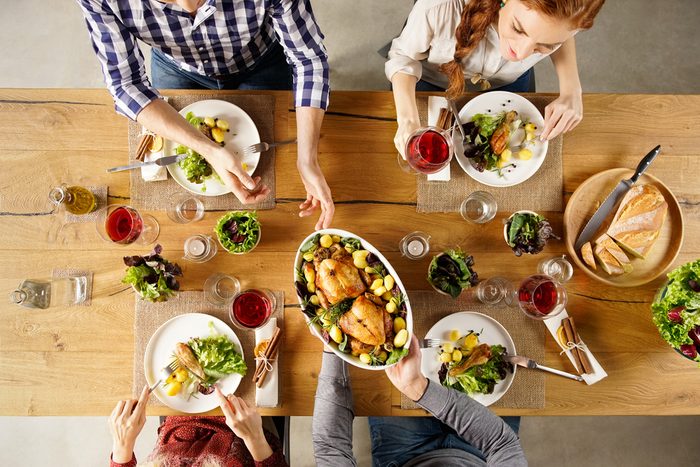
France: Don’t Rush Your Meals
The French excel at leisurely family meals. On average, 92 percent of French families dine together nightly. These meals typically last 33 minutes during the week and 43 minutes on weekends. In contrast, a 2007 Statistics Canada report noted two trends in Canada over the past 20 years: a steep decline in the number of families eating together, and shorter mealtimes. Although it sounds illogical, lengthy meals actually encourage less eating. “It generally takes 20 minutes from the time you’re full for your brain to realize you’re full, so taking longer to eat means you’ll end up eating less,” says dietitian Melodie Yong.

India: Do More Yoga
Most Canadians respect yoga’s stress-busting and flexibility-enhancing power, but not many of us realize it facilitates weight loss. In fact, a recent study found that yoga devotees have a lower body mass index (BMI) than other exercisers do. Some reasons why: Yoga is best done on an empty stomach and can build muscle (depending on your preferred poses), which boosts metabolism. And it encourages mindfulness, which includes paying attention to whether you feel full.
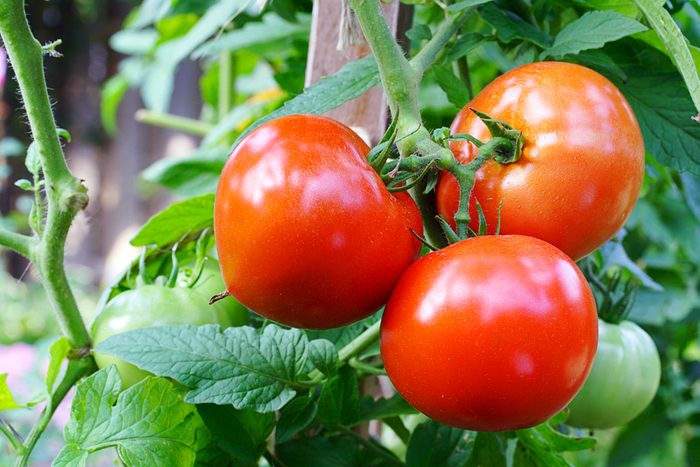
Russia: Grow Your Own Food
Country houses, or dachas, where 51 percent of city dwellers spend vacations and summer weekends, almost always features a garden. Russians, who live in a similar climate to Canada’s, grow their own vegetables and fruit, which automatically makes their diet more nutritious. Plus, they preserve what they grow.
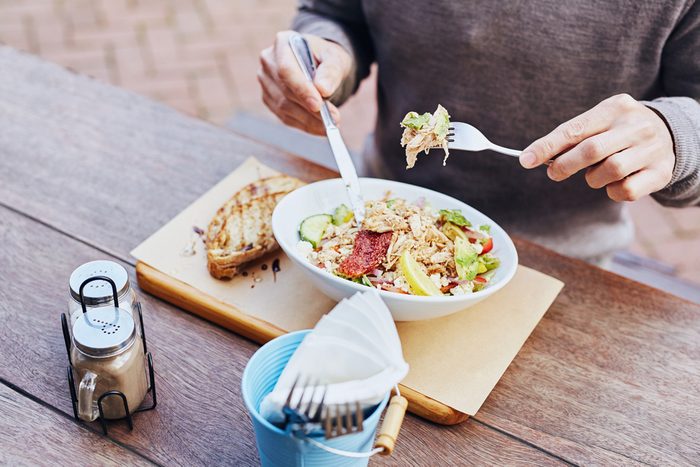
Finland: Try Nordic Walking
This is one of the Finns’ favourite outdoor activities. All that’s required is a pair of inexpensive, lightweight walking poles. Holding these in your hands aids balance, which is great if you’re older or if you’re on slippery terrain. Even better: Because they make you use muscles in your shoulders, arms and torso, the poles transform walking into a total-body workout that burns 20 percent more calories. A number of recent studies show that Nordic walking increases the number of calories you burn by up to 65 percent, without the feeling of working harder. No matter what the time of year, it’s a simple way to derive more fat-reducing benefit from your regular walk.

Mexico: Eat A Big Lunch
Instead of ingesting the bulk of the day’s calories in the evening, Mexicans traditionally eat their biggest meal between 2 and 4 p.m. If you eat less at night, you’ll wake up hungrier and eat a bigger breakfast, which facilitates weight control. As a general fat-fighting rule, try to get the bulk of your daily calories at breakfast and lunch.

Malaysia: Cook with Tumeric
This spice, a key ingredient in curries, grows wild in Malaysian jungles. One of its chief components is a substance called curcumin, which may turn out to be a potent fat fighter. A recent study from Tufts University in Boston found that mice fed a high-fat diet with small amounts of curcumin gained less weight and body fat than other mice given meals that were similar but curcumin-free. Researchers think the ingredient suppresses the growth of fat tissue. Try some turmeric in your next curry or stir-fry.
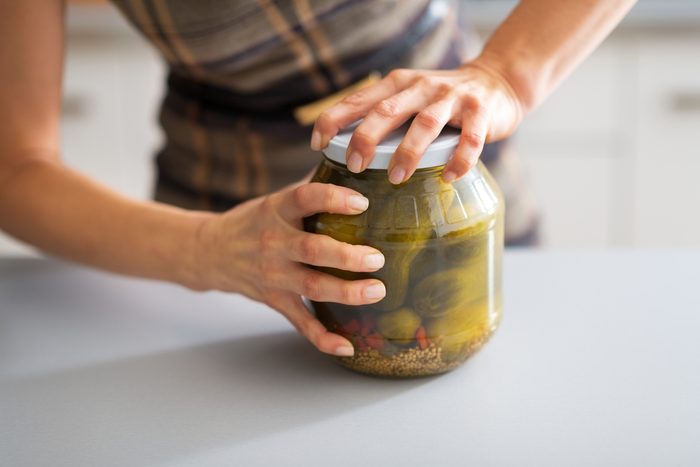
Hungary: Eat More Pickles
Hungarians like things pickled-not just cucumbers but bell peppers, cabbage and tomatoes. All of these brined beauties can help keep you thin, probably because of the vinegar that pickles them. Growing evidence suggests that acetic acid, the main component of vinegar, helps reduce blood pressure, blood sugar levels and fat formation. If you’re watching your sodium intake, though, check the product label-pickled foods can be high in salt.

Norway: Spend Time Outdoors
It’s a deeply rooted Norwegian habit: On Sunday, everyone-from toddlers to grandparents-heads out to hike (in summer) or cross-country ski (in winter). By comparison, in 2007, Statistics Canada found that in the past 20 years, Canadian families have been spending less time on such activities. So start this weekend tradition and get everyone out for a walk in the neighbourhood or a hike up the nearest hill.

Japan: Take a Nap
In this on-the-go country, many people take a daily 20-to 30-minute nap, says James Maas, a sleep researcher at Cornell University and the author of Power Sleep. There is increasing evidence that chronic sleep deprivation raises the risk of weight gain. Maas cites two hormones: leptin, which helps the brain sense when you’re full, and ghrelin, which triggers hunger. The less sleep you get, the lower your leptin levels-and the higher your ghrelin. “Many people think they’re hungry when they’re actually sleepy,” Maas says. “Instead of a snack, they need shut-eye.”
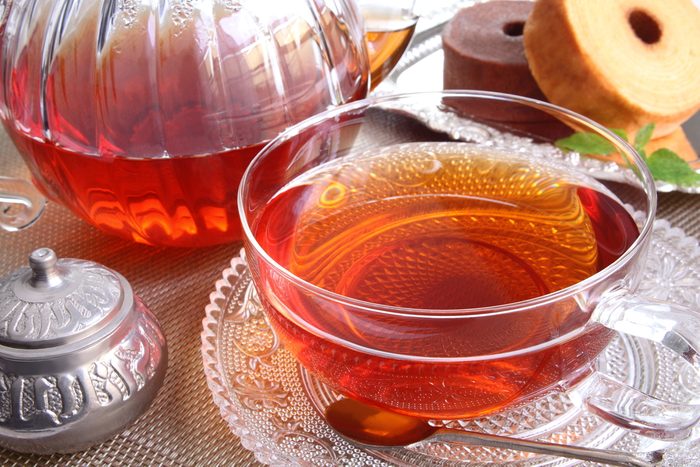
South Africa: Drink Rooibos Tea
Enjoyed throughout the country, rooibos tea is more robust than green tea, and it’s naturally sweet. Swapping your specialty coffee for rooibos tea or any hot drink without cream or sugar could save you thousands of calories a month. “Liquid calories sneak up on us,” says Toronto dietitian Sue Mah. “Even a cup of fruit juice has over 100 calories. Cut out 100 calories a day from food or drinks and you could lose 10 pounds in one year.”
